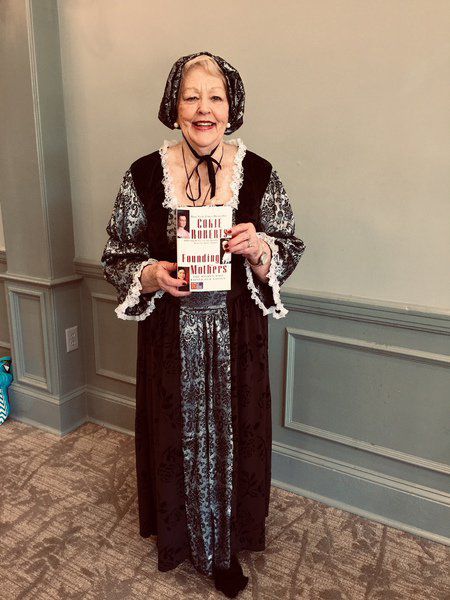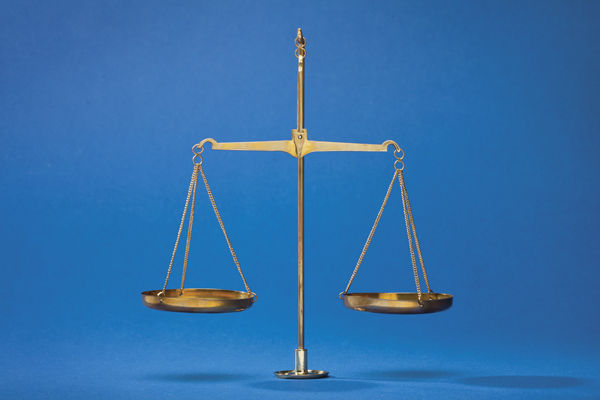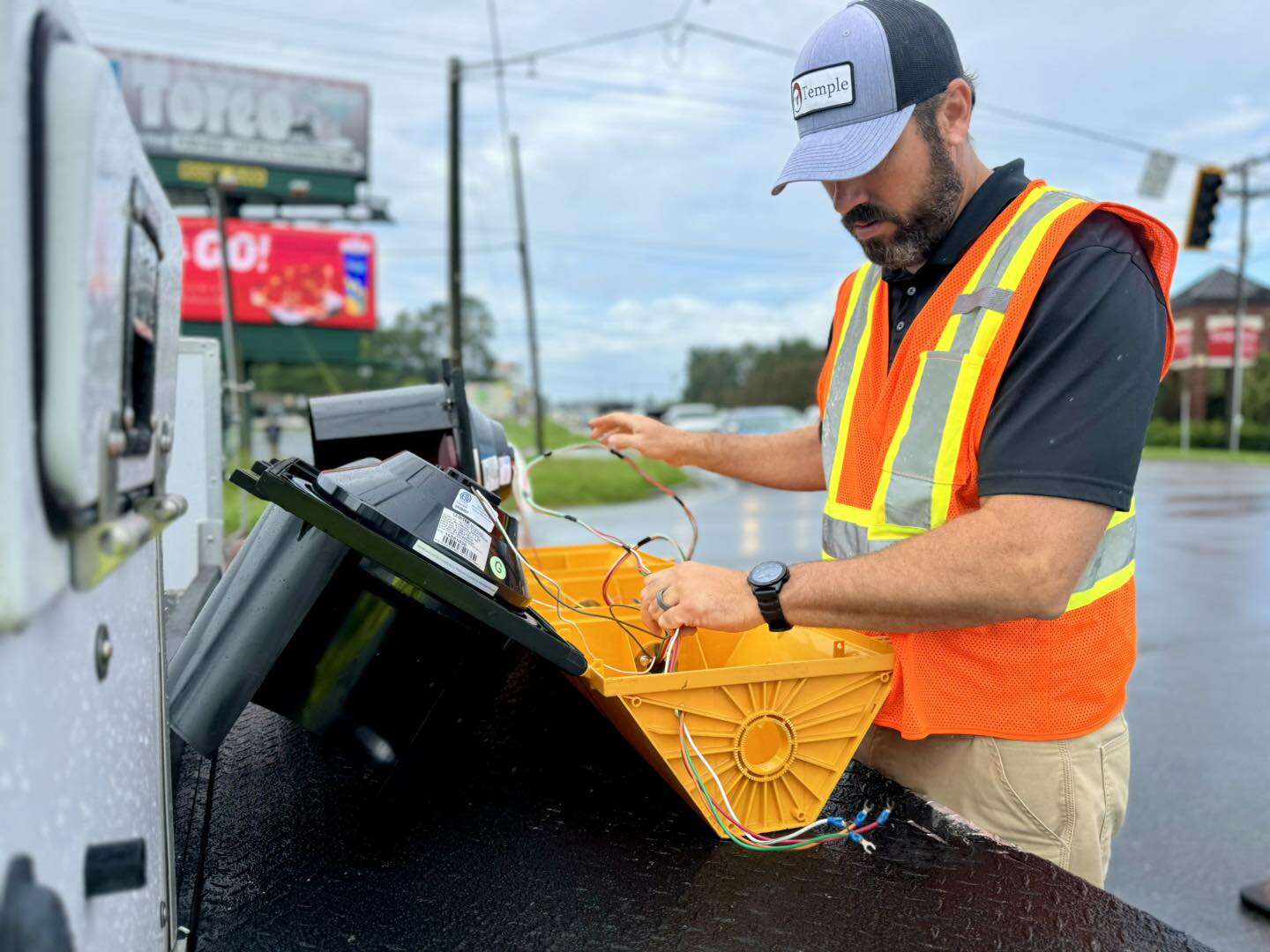Forum reviews ‘The Founding Mothers’
Published 8:00 am Thursday, January 31, 2019

- Submitted PhotoEmily Anderson got into the flavor of her selected book, 'Founding Mothers,' for her guest appearance at Readers' Forum.
VALDOSTA – Wearing a charming 18th century gown and cap, Emily Anderson kept members of Readers’ Forum captivated with her review of political commentator Cokie Roberts’ book, “Founding Mothers.”
Anderson’s opening words aptly describe the book’s premise: “Though none of the women signed the Declaration of Independence or joined the militia, the wives, mothers, sisters and daughters behind the scenes of the Revolution contributed to their country’s birth as significantly as the men in the spotlight.”
The pages of “Founding Mothers” describes how these women fought the Revolution as bravely and heroically as their husbands but in their own ways – defending the doors of their own homes, managing the businesses their men had to abandon, running the farms, raising their children and even more.
Anderson explained how Roberts found the stories, trials and triumphs of these women through researching their personal correspondence, private journals and even the ledgers and lists they kept throughout this portion of the 18th century in America.
Roberts did such extensive and careful research in writing the book that she used more than 1,000 footnotes.
While the Founding Fathers of our country were declaring independence, fighting a war, crafting a constitution and forming a new government, the women were contributing during the months – even years – apart from their husbands, often only corresponding with them through letters.
Anderson emphasized this book is not about normal 18th century life. It is about the lives of the women who were married to the men who were the leaders of the 13 colonies. Many women lived harder lives throughout these years than did the women described in this book.
But it is fascinating to read how these elite women were able to carry on their lives and aid their husbands as their men met the challenges of the Revolutionary War and all that followed in creating the United States of America.
Anderson chose to concentrate her review on the wives of the first four presidents of our country. The first, of course, was Martha Washington. Nicknamed “Lady Washington” by the soldiers she helped, Martha spent every winter of the eight years of the war at the military camps of her husband, then General Washington.
She sewed for the soldiers, cooked for them, nursed them and prayed for them. In the summers at Mount Vernon, she would oversee the spinning of wool from the sheep into cloth for the sewing of shirts for the soldiers. She would direct the preserving of fruits and vegetables for the next winter and take these fresh supplies with her to the camp.
Lady Washington even volunteered to take one of the first smallpox inoculations to help Washington’s troops accept his orders that they take the vaccination. Some historians believe if the soldiers had not been protected against smallpox, America might have lost the war.
Anderson kept the book club entertained with her descriptions and stories of the other early first ladies and spent some time on feisty Abigail Adams, wife of our second president, John Adams.
She was also known as “Prickly Abigail” because she had trouble keeping her mouth shut. She wrote consistently to her husband with advice about the war and the new government and current updates on politics.
Abigail often reminded John to “remember the ladies” as the men were creating the laws for the new nation and warned him that, ”Otherwise we are determined to foment a rebellion.”
Following stories of first ladies Martha Jefferson and Dolley Madison, Anderson related true tales of some lesser well-known females of the Revolutionary War era.
One was Nancy Hart of Georgia who shot two Tories who confronted her after she helped a patriot escape from his loyalist neighbors. She then hung them with the assistance of neighboring men. It was said of Nancy that she was “a honey of a patriot but the devil of a wife.”
As a result of her bravery, both Lake Hartwell and the Nancy Hart Highway are named in her honor.
Anderson closed her review by quoting what George Washington wrote at the end of the Revolution, “You ladies are in the number of the best Patriots America can boast.”





